Researchers at the Department of Animal Science of the Kwame Nkrumah University of Science and Technology have found that processing African Locust bean seeds (ALBS) into Dawadawa significantly enhances their nutritional value.
Dawadawa, known for its strong aroma and distinct flavour, is a traditional condiment made from ALBS, also known as Parkia biglobosa. The study published in the journal Livestock Research for Rural Development, examined how traditional processing methods affect the nutritional components, mineral content, and microbial composition of ALBS.
The researchers collected six batches of ALBS and divided them into two groups. One group was washed and cooked in boiling water (100 degrees Celsius) for 12 hours, while the other was left raw. After cooking, the seeds were sieved, pounded, and rewashed to remove their hulls. They were then boiled for an additional five hours and left to ferment for four days. Finally, the fermented seeds were pounded and sun-dried to produce dawadawa.
The scientists found that processing raw ALBS into Dawadawa increased moisture, crude protein, and fat content, but decreased carbohydrates, crude fibre, and ash. Mineral levels also changed: calcium, magnesium, and potassium decreased while phosphorus and sodium increased. Additionally, processing reduced the microbial load of ALBS.
The study concluded that both raw ALBS and Dawadawa are nutritious, but processed ALBS (Dawadawa) has higher moisture, protein, fat, sodium, and phosphorus levels, with lower carbohydrate, fibre, calcium, magnesium, and potassium levels. Lead scientist Prof. Michael Boateng recommended further research to explore how processing affects the anti-nutrient composition of ALBS.
“It would be beneficial to investigate the effects of processing on the anti-nutrient composition of ALBS," Prof. Boateng suggested.
Notes to readers
Interviews with the authors are available on request:
Dr. Norris Berkoe: dnberkoe@knust.edu.gh / +233) 6201 84528 00, Barkisu Mohammed: 0549136168
The paper ‘A comparative study of the nutritional and microbial profiles of the raw and processed seeds of the African Locust Bean (Parkia biglobosa)’ has been published in the journal Livestock Research for Rural Development.
The Department of Animal Science is a KNUST department within the Faculty of Agriculture. The Department is equipped to provide first-class education and training to students in all areas of animal science, with the aim of ensuring relevance and self-sustainability in animal-related industries, from a global perspective.

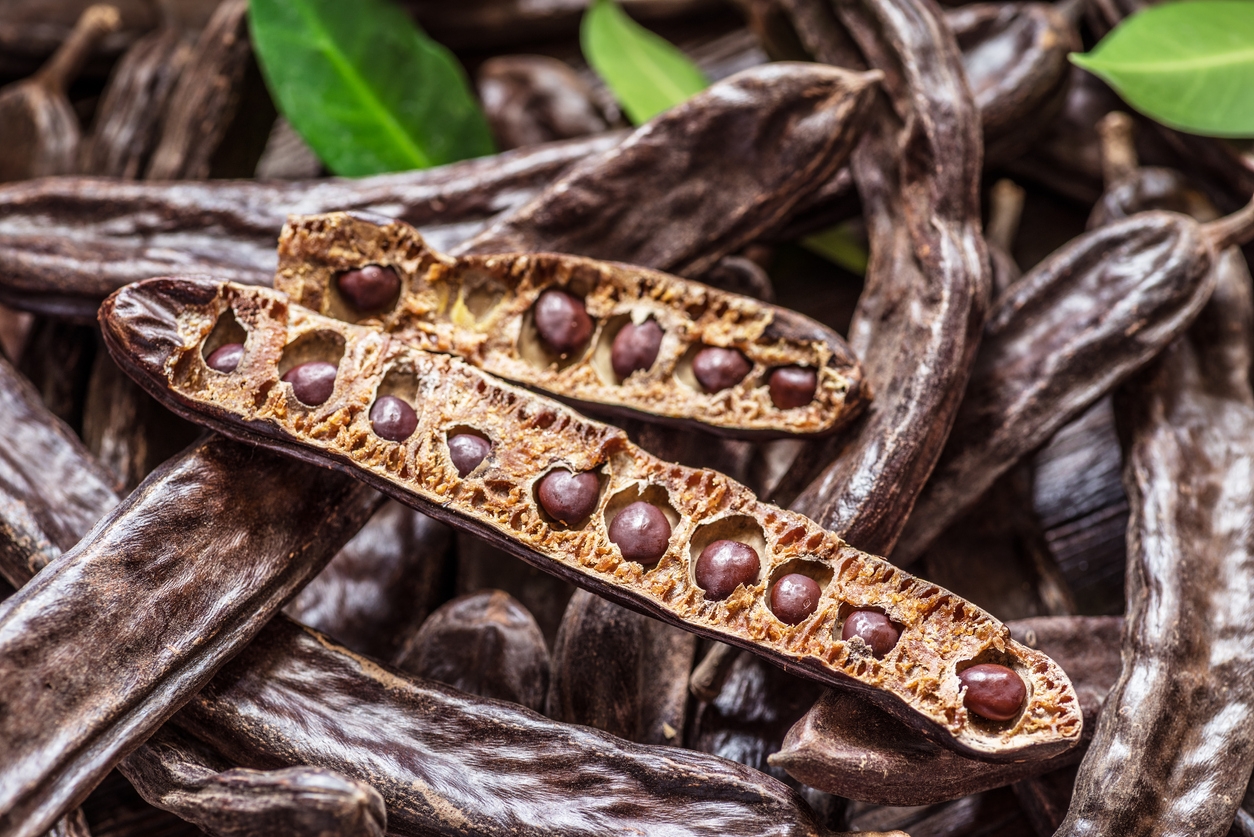
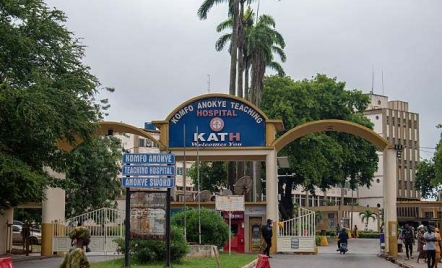
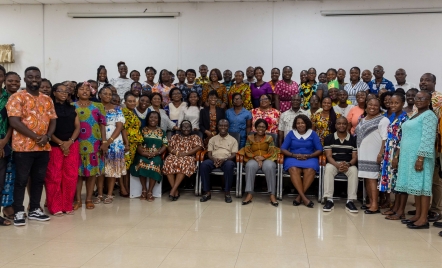
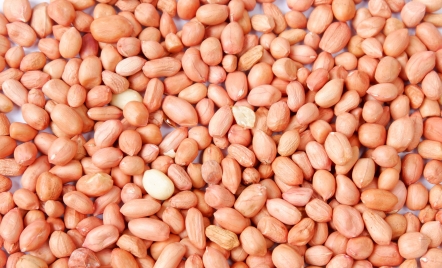
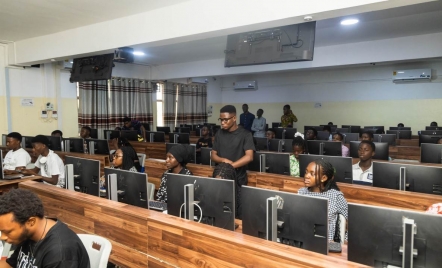
Comments